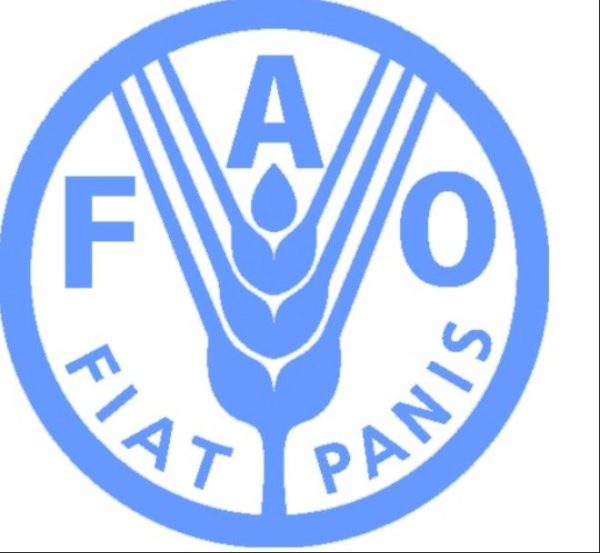“Enhancing responsible investment in agriculture that increases domestic production for food security; creates decent employment opportunities; and contributes to sustainable development is critical to recover from the effects of the COVID-19 pandemic and beyond,” said Andrew Nadeau, FAO Senior Capacity Development Officer during the event “Boosting responsible investment in agriculture and food systems – good practices to #Buildbackbetter” which took place in Dakar on 29-30 June.
Celebrated under the auspices of the Food and Agriculture Organization of the United Nations (FAO) and the Information, Training and Outreach Center for Africa (ITOCA), the event brought together 30 representatives from Government institutions, academia, non-governmental organizations, young agri-entrepreneurs and agribusinesses from Liberia, Mauritania, Senegal, Sierra Leone and Tunisia to exchange knowledge and good practices in the promotion of responsible investment in agriculture and food systems (RAI).
Poverty and hunger
“Prior to the COVID-19 pandemic the agriculture sector was already suffering from serious underinvestment. With the recent rise in poverty and hunger in the region, increasing investments that are aligned with national development goals is even more pressing today,” noted Oumar Syll, FAO Senegal National Expert in responsible investment in agriculture.
In this spirit, FAO has been advocating in favor of the promotion of “responsible investments”, that is, investments that are sustainable economically, socially and environmentally, in accord to the Committee on World Food Security’s Principles for Responsible Investment in Agriculture and Food Systems (CFS-RAI).








